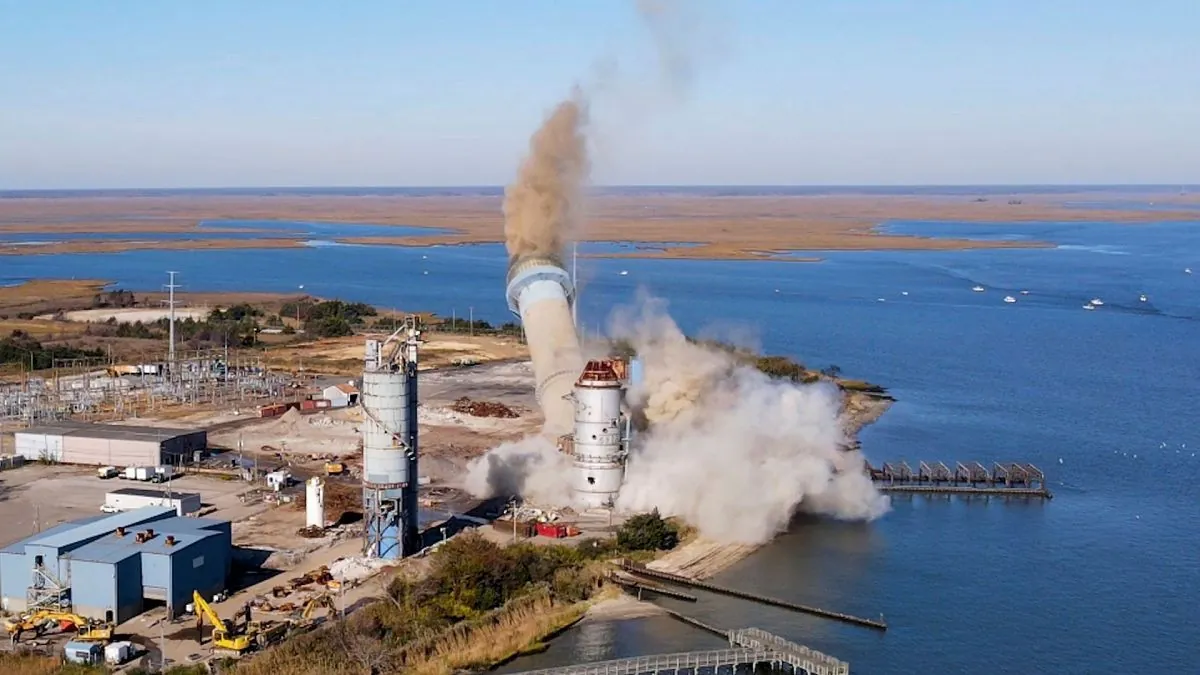Miles Roberts, CEO of packaging giant DS Smith, has raised alarm over the UK's industrial future, citing exorbitant energy costs and ambiguous net zero transition plans as significant hurdles. This warning comes as the nation grapples with concerns of potential deindustrialization amid the shift to green energy.
Roberts emphasized that UK electricity prices for heavy users substantially exceed those in Europe and the United States, undermining British competitiveness. "Energy costs for heavy users are significantly ahead of those costs in Europe and very, very substantially ahead of our competitors in the US," he stated.
In 2023, UK businesses paid an average of 27.7 pence per kilowatt hour (KWh) for electricity, compared to 16.4 pence in France and 17.5 pence in Germany. Since 2008, medium-sized British businesses have seen a 230% increase in energy bills, outpacing the 150% median increase across EU countries and the UK.
The paper and packaging industry, a significant energy consumer, has been particularly affected. DS Smith's Kemsley Paper Mill in Kent, the second largest paper recycling mill in Europe, faces uncertainty regarding future power sources and costs. This lack of clarity threatens long-term investment decisions for the site, which employs a portion of DS Smith's 5,000 UK staff.
Roberts highlighted the contrast with other European countries, where detailed discussions with governments about future power sources and pricing have facilitated recent investments. The UK's paper production has declined despite rising demand, with imports filling the gap. This trend raises concerns about the industry's future, which contributes approximately £5 billion annually to the UK economy.
The government has introduced measures like the British Industry Supercharger scheme to alleviate costs for energy-intensive industries. However, many manufacturers remain exposed to high energy prices. Industry group Make UK attributes the price disparity to Britain's greater reliance on gas for electricity generation.
"We know these energy intensive industries use a huge amount of electricity and we need to make sure those bills are coming down. We will look at anything that will kind of make it fairer and easier for people to manufacture and produce in this country."
The UK aims to achieve a net zero electricity system by 2035, with ambitious targets including 50 GW of offshore wind capacity by 2030. In 2022, the country generated 40% of its electricity from renewable sources, demonstrating progress towards cleaner energy.
As the government develops a new industrial strategy, balancing decarbonization goals with industrial competitiveness remains a critical challenge. The future of British manufacturing hinges on addressing these energy cost disparities and providing clear pathways for industries to transition to a low-carbon future.
